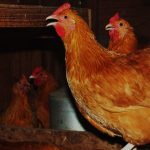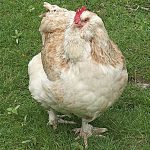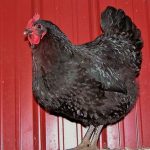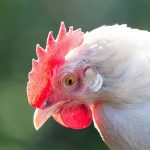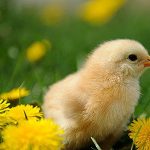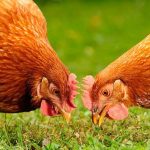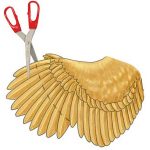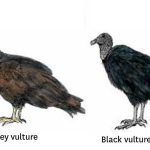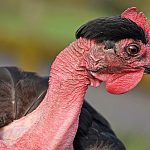
Chickens have no sweat glands, so chicken breeds that originated in hot climates have developed other features to help them stay cool. One is to grow a large comb and wattles, through which blood circulation increases in hot weather to help dissipate body heat. Another warm-climate adaptation is to avoid trapped heat by developing sparse […]
Continue Reading
